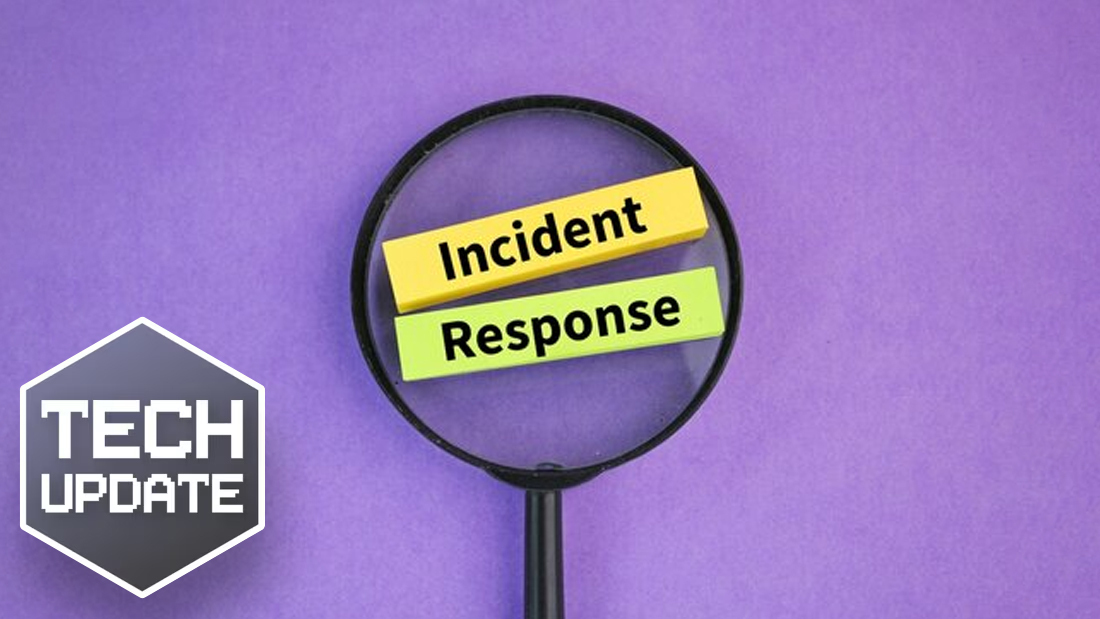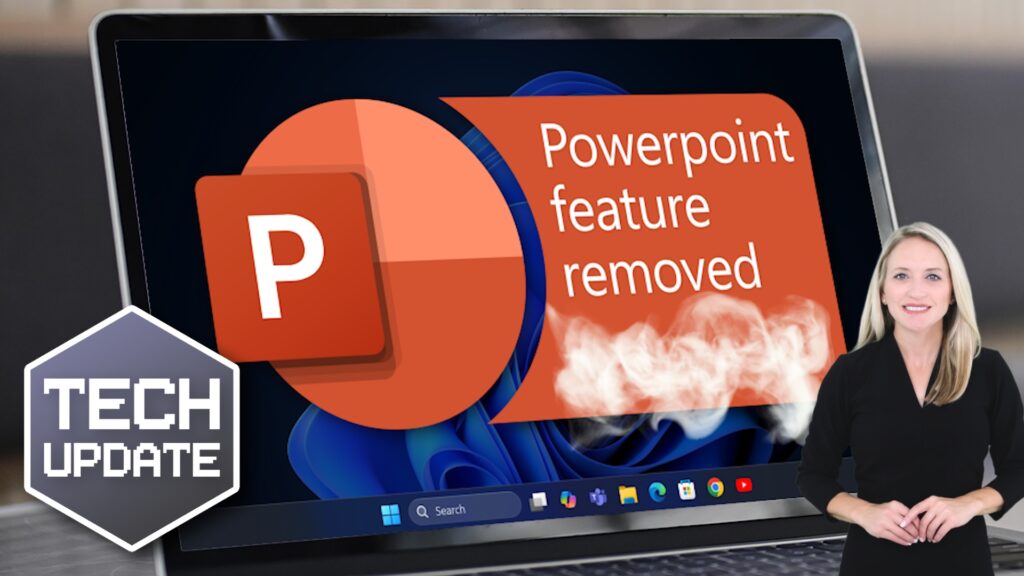As Ben Franklin famously said, “Nothing is certain but death and taxes.” If he were alive today, he might also add cyberattacks to that list. For businesses across northern New Jersey, especially those with larger office footprints, cybersecurity is no longer a luxury—it’s a necessity. Whether you’re running a business with under 100 computers or a larger enterprise, cyber threats pose serious risks to your operations, finances, and reputation. A major security breach could even drive a company out of business. This is why having a well-prepared Incident Response (IR) strategy is critical.
In this guide, we’ll dive into what incident response entails, the key steps to building an IR plan, and why a cybersecurity-first approach, like the one we use at One 2 One Tech Solutions, is essential for protecting your business.
What is Incident Response?
Incident Response (IR) is a structured, systematic approach to detecting, managing, and resolving cybersecurity threats. The goal is to minimize the impact of incidents, reduce recovery time, and lower the costs associated with security breaches. A strong IR strategy is especially important for businesses with significant office operations, where IT systems are crucial for day-to-day tasks.
To build a robust IR plan, let’s define a few important terms:
- Vulnerability: Any weakness in your IT systems or business environment.
- Threat: The actor (such as a cybercriminal) that exploits a vulnerability.
- Incident: A security event that compromises your business resources.
- Data Breach: A specific type of incident where sensitive data is accessed or stolen.
Why Incident Response Matters for New Jersey Businesses
In northern New Jersey, where many businesses operate with a hybrid workforce or manage multiple locations, it’s essential to protect your digital assets. A successful cyberattack not only disrupts operations but could also expose sensitive customer or business data, leading to regulatory penalties and loss of trust.
At One 2 One Tech Solutions, we emphasize a cybersecurity-first approach, which means proactively managing vulnerabilities before they escalate. But when incidents do occur, having a solid IR plan ensures that your team is prepared to act fast.
Building an Effective Incident Response Strategy
An effective IR strategy starts with a comprehensive plan that outlines how to address security incidents. This plan should cover four essential components:
- What: The types of threats, vulnerabilities, and incidents that require action.
- Who: Who is responsible for responding to each incident.
- When: When the designated team members should act.
- How: The steps and processes for responding to incidents.
Steps to Build an Incident Response Plan
Here’s how businesses in northern New Jersey can create an IR plan that fits their unique needs:
- Establish Policies: Document your business’s security priorities and empower your team to take swift action in a crisis.
- Build Your Incident Response Team: Your team should include IT, legal, HR, and PR experts. For businesses with fewer resources, managed IT service providers like One 2 One Tech Solutions can provide additional support.
- Create Incident Playbooks: These step-by-step guides should outline responses for specific types of incidents, ensuring consistency and efficiency during real-world events.
- Develop a Communication Plan: Ensure clear communication between executives, legal teams, and PR departments during a crisis. This is especially important for maintaining customer trust during and after a breach.
Six Phases of Incident Response
To effectively manage security incidents, businesses should follow these six phases:
- Preparation: Train your team and establish policies.
- Detection and Identification: Use IT monitoring tools to detect incidents in real-time.
- Containment: Isolate the affected systems to prevent further damage.
- Eradication: Remove threats like malware or compromised user accounts.
- Recovery: Restore systems and close security gaps.
- Lessons Learned: After the incident, review what happened, identify areas for improvement, and update your plan.
Incident Response Tools for New Jersey Businesses
To respond effectively, businesses need the right tools. At One 2 One Tech Solutions, we deploy a variety of advanced cybersecurity technologies to protect our clients, including:
- Endpoint Detection and Response (EDR) systems
- Security Information and Event Management (SIEM) platforms
- Backup and recovery solutions
- Intrusion detection systems
These tools help us monitor, detect, and respond to threats swiftly, ensuring minimal disruption to your business.
Conclusion
For businesses in northern New Jersey, especially those with larger office footprints, a solid incident response strategy is crucial for maintaining operations and protecting sensitive data. At One 2 One Tech Solutions, we specialize in a cybersecurity-first approach, helping businesses build robust defenses and ensuring quick recovery when incidents occur. Don’t wait for a cyberattack to hit—be proactive and secure your future with a comprehensive IR plan.







